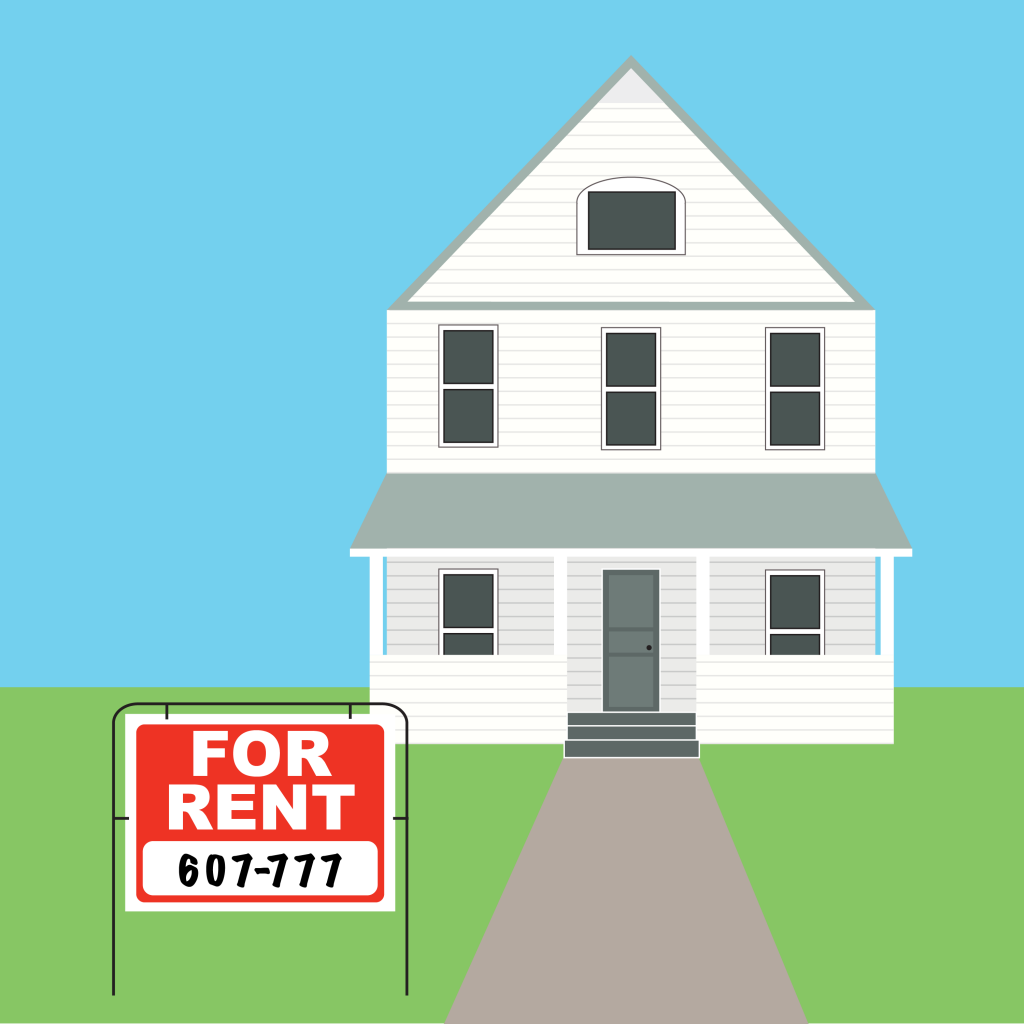
As the semester begins to ramp up, students must start making off-campus housing decisions for the next academic year. Though the housing process can be stressful, it is essential to understand your protections under New York law involving leasing, evictions and your landlord’s responsibilities.
Leasing
Leases, contracts between a landlord and their tenants, cannot be changed without the consent of all signatories, and their terms must be followed until the expiration date. Any changes should be made in writing and initialed so both parties understand the agreed-upon terms.
When a landlord of a nonregulated unit wants to raise rent by over 5 percent, they must give their tenants a 30-, 60- or 90-day notice, depending on their occupancy time. For leases of under one year, tenants must be notified 30 days before the date their rent will be raised.
If tenants must leave the rental before the lease expires, landlords must make a “good-faith effort to fill the vacancy,” according to the attorney general. If the new tenant pays an amount equal to or more than you, you no longer bear responsibility for the lease.
Tenants have five days following the agreed-upon due date before rent is considered late, and fees can be added. Landlords can only charge $50 or 5 percent of your monthly rent in late fees, whichever is less.
A landlord can only charge a prospective tenant up to $20 to perform a credit and background check, the results of which must be shared with them. If a landlord does not provide a copy of the results or disclose the agency that performed the background check, the tenant cannot legally be charged.
Eviction
There are two legal reasons a landlord may evict a tenant before the lease expires — failure to pay the rent on time or if the tenant “significantly violates a substantial obligation under the lease,” like using the space for illegal activities. Landlords are prohibited from using force or other illegal means to pressure tenants to leave the space. Tenants retain other rights during the eviction process. For example, landlords must give tenants a “reasonable amount of time” to remove belongings once evicted.
Landlords must go through the courts and are not authorized to serve eviction notices. They should be executed by a sheriff, marshal or constable. Following a proper and lawful eviction, the landlord must provide adequate time for a tenant to vacate the premises and cannot keep any of the tenant’s personal belongings.
Landlord Responsibilities
Tenants have the right to adequate living and a safe and clean environment, and any lease provision that infringes upon this right is void. Violations include inadequate hot water or a consistent lack of heat.
Landlords are responsible for timely appliance repairs and must maintain the electrical, plumbing and heating systems in “good and safe working order.”
Landlords are obligated to accommodate their tenants’ disabilities and make adjustments, like allowing a blind tenant to have a guide dog even if the space has a “no pets” policy. A “reasonable accommodation,” however, cannot be at a high cost to the landlord or disturb other tenants. Landlords cannot discriminate against tenants based on race, sexual orientation, nationality, source of lawful income or because of any other protected class.
Tenants have the right to privacy, and landlords cannot enter the premises without adequate notice and the tenants’ consent.
Though renting an apartment or house for the first time can be intimidating, it is vital to understand the rights afforded to you under the law.


